Both Apple and Microsoft have accused Motorola, with complaints lodged in the European Union, of abusing its standard-essential patents. The complaints were enough to gain the attention of the European Commission, which will now formally investigate Motorola's licensing practices with FRAND patents.
In addition to reviewing potential unfair licensing practices, the commission said it will also investigate whether Motorola, by seeking injunctions against products like Apple's iPhone and iPad, has failed to honor the commitments it has made to standard setting organizations.
"In these commitments, Motorola engaged to license those standard-essential patents on fair, reasonable and non-discriminatory (FRAND) terms," the commission said in a statement. "The Commission will examine whether Motorola's behaviour amounts to an abuse of a dominant market position prohibited by Article 102 on the Treaty of the Functioning EU."
Analyzing the announcement by the commission, patent expert Florian Mueller of FOSS Patents said the investigation is a sign that European Commission Vice President Joaquin Almunia is willing to fight for FRAND licensing harder than any of his predecessors did.
European Commission headquarters in Brussels, via Wikipedia.
"The press release routinely states, to put it differently, MMI (Motorola) is innocent until proven guilty," Mueller added. "But the launch of formal investigations (as opposed to merely preliminary ones) is a key step that follows a reasonably thorough (even though only initial) assessment of the issues."
Signs that the commission was prepared to launch a formal investigation into Motorola first surfaced last week, when Almunia indicated it was part of a broad reaching plan to reduce abuse of standard-essential patents by telecoms. At a lecture in Washington D.C., he said he wanted to "help bring more clarity into this area of competition control."
 AppleInsider Staff
AppleInsider Staff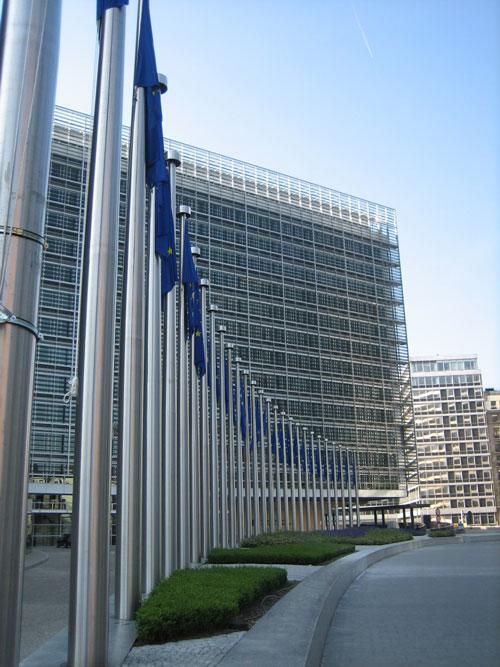

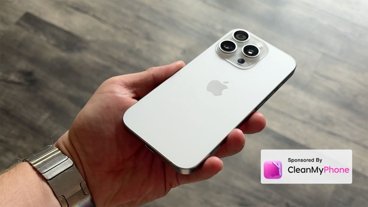
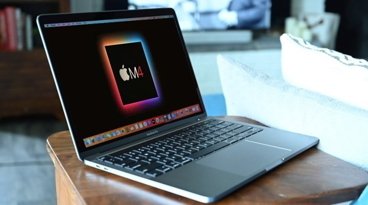




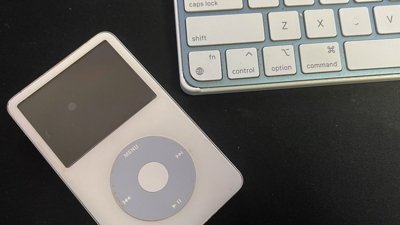
 Charles Martin
Charles Martin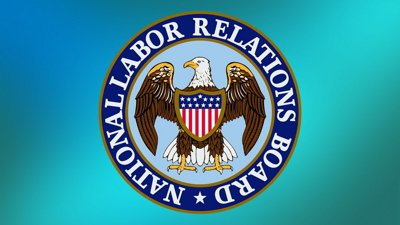
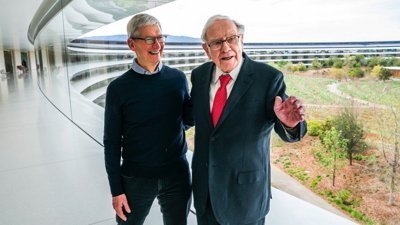
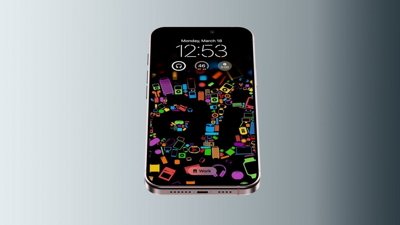
 Malcolm Owen
Malcolm Owen
 Andrew O'Hara
Andrew O'Hara
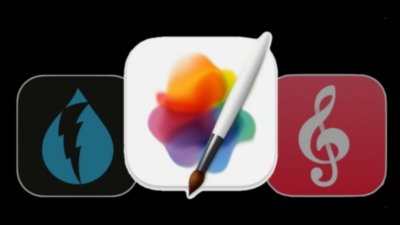
 William Gallagher
William Gallagher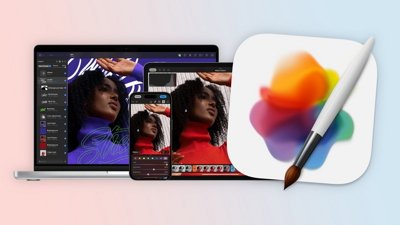
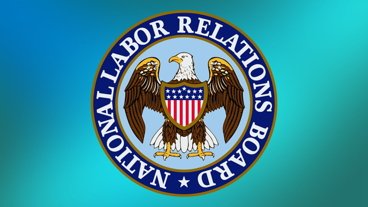


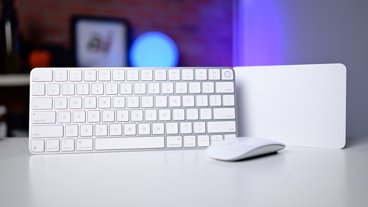
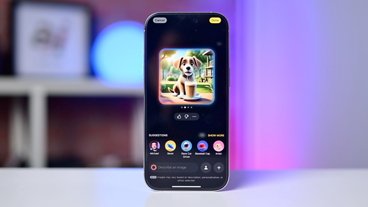

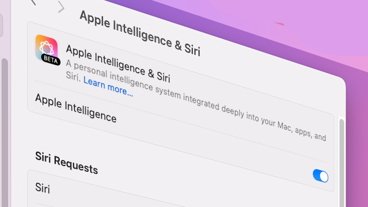


50 Comments
Lol. The haha picture made me chortle.
Motorola must be regretting that bluster by their lawyer. This is the sort of statement that paints the company as a reckless aggressor, abusing Standard Essential Patents.
Google might have managed to wriggle out of the Oracle mess (at least for now), but this noose looks like a tight one. Motorola is going to see the value of its patents evaporate pretty soon. If a $15 chip from Qualcomm comes fully licensed to the entire 3G stack, how much money could Motorola realistically expect to make from Apple?
And for LTE, Apple has covered their bases quite well with the Nortel acquisition. In all likelihood, Apple might not have to pay too much to anyone for LTE - because it would be mostly offset by their own patents. That is the main reason Apple paid so much for the Nortel patents. Apple makes over 125M phones EVERY year. Their 2.5B share of the Nortel pool works out just $20 per iPhone made in a single year. Over 3-4 years, Apple would have recovered the money spent on the patents. And then it is just free money. Not a bad way to spend money that otherwise earned them just 2-3% return!
I wonder if this investigation could scuttle the Google takeover or, preferably, just make
Motorola Mobility even more of an albatross around Google's neck.
Kudos to the EU if they establish some boundaries and basic FRAND principles that apply to all standards-setting agencies and groups. As it is they each have their own policies. Some modicum of commonality would be a big assist to those seeking licenses to essential IP.
I suspect this exercise is intended more as a determination of what rules the various organizations have in place, how they're policed, and what terms should be considered acceptable or not generally permitted. I'd be surprised if punishment occurs. Assuming Motorola is following the policies set by the licensing agency it would be tough to explain. If they aren't following the established standards policies that's different and more could be at stake.